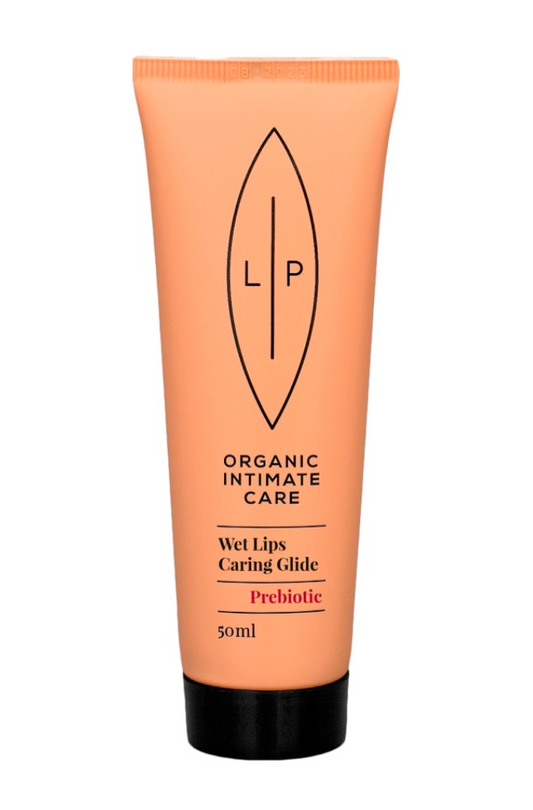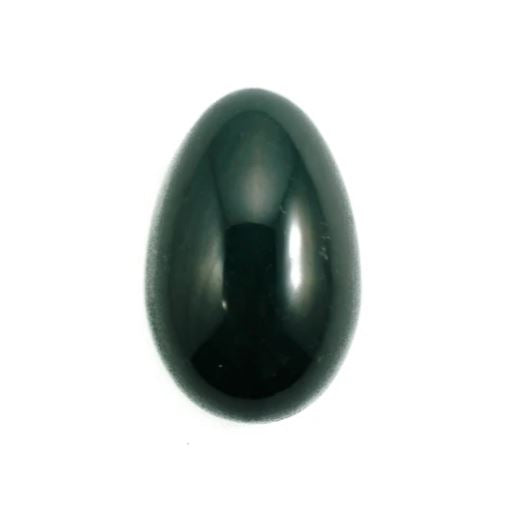We know that diet plays a crucial role in our overall health, but did you know that it also has a significant impact on the strength and vitality of our pelvic floor? The pelvic floor, which is a group of muscles that support our organs in the lower pelvis, plays a key role in our bodily functions, including urination, defecation, and sexual health. In this article, we will explore how diet and nutrition can affect pelvic floor health and how you can nourish these important muscles and tissues.
What is the pelvic floor and why is it important?
The pelvic floor is a complex group of muscles that act like a kind of "hammock" at the bottom of the pelvis. It supports our organs, including the bladder, uterus, and rectum. The pelvic floor plays a key role in processes such as urination, defecation, and sexual function. When these muscles are strong and in balance, the entire pelvic area functions optimally.
The importance of diet and nutrition for the pelvic floor
Diet and nutrition play a critical role in maintaining muscle strength and tissue health, including the pelvic floor. Here are some important factors to consider:
Protein: Proteins are the building blocks of muscles, including your pelvic floor muscles. Include lean meats, fish, eggs, or plant-based sources like beans and lentils in your diet to ensure you get adequate protein for muscle growth and repair.
Collagen: Collagen is a protein that is essential for the elasticity and strength of the skin, including the tissues of the pelvic floor. Collagen is found in foods like chicken soup, fish, and collagen supplements.
Omega-3 fatty acids: Omega-3 fatty acids, found in fatty fish like salmon and sardines, nuts, and seeds, have anti-inflammatory properties that can help maintain tissue health and reduce inflammation in the pelvic area.
Vitamins and minerals: Certain vitamins and minerals are important for muscle contraction and tissue health. These include magnesium, calcium, and vitamin D. Get these nutrients through foods like dairy products, dark leafy greens, and fish.
Fiber: Healthy bowel function is essential for pelvic floor health. Fiber from fruits, vegetables, and whole grains can help prevent constipation and unnecessary pressure on the pelvic floor.
Hydration: Drinking adequate water maintains overall body health, including hydration of muscles and tissues, including the pelvic floor.
Avoid irritants: Certain foods and drinks, such as caffeine and alcohol, can irritate the bladder and affect the pelvic floor. Moderation is key.
Pelvic floor exercises: In addition to a proper diet, regular pelvic floor exercises, such as Kegel exercises, can help strengthen these muscles.
Conclusion
Pelvic floor health is an important part of our overall well-being, and diet and nutrition play a crucial role in maintaining this health. By including the right balance of nutrients in your diet, you can nourish your pelvic floor.









